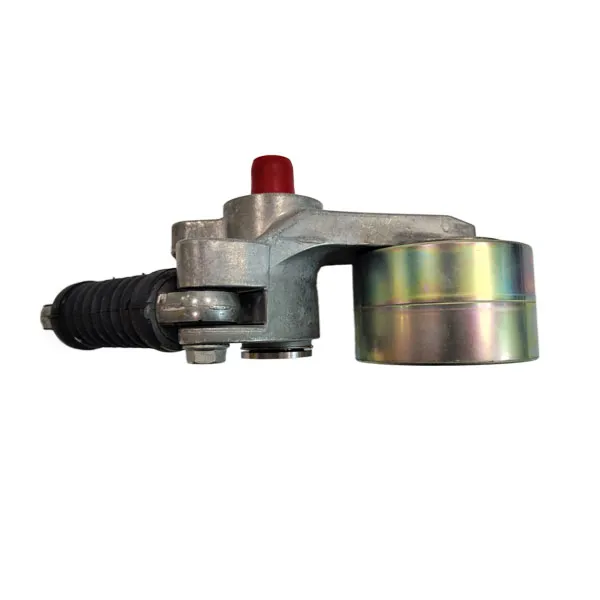Under the Hood: A Comprehensive Guide to Mercedes Engine Parts
2024-09-27
Introduction
- Brief overview of Mercedes-Benz engineering and reputation for quality
- Importance of understanding engine parts for maintenance and repairs

1. Engine Block
- Description and function
- Materials used (aluminum vs. cast iron)
2. Cylinder Head
- Role in engine performance
- Different types of cylinder heads in various models
3. Pistons and Connecting Rods
- Explanation of their function in the combustion process
- Variations in design and materials
4. Crankshaft
- Importance in converting linear motion to rotational motion
- Design features specific to Mercedes engines
5. Camshaft
- Role in valve timing
- Variants like DOHC and VVT technology in Mercedes engines
6. Timing Chain/Belt
- Function and importance in engine synchronization
- Differences between chain and belt systems in models
7. Fuel Injectors
- Description and role in fuel delivery
- Differences between direct and port injection systems
8. Turbochargers and Superchargers
- Explanation of forced induction
- Benefits for performance and efficiency
9. Cooling System Components
- Water pump, radiator, and thermostat functions
- Importance of proper cooling for engine longevity
10. Oil System Components
- Oil pump, oil filter, and their roles
- Importance of regular oil changes
11. Electrical Components
- Starters, alternators, and sensors
- Role in modern engine management systems
12. Exhaust System
- Components: manifolds, catalytic converters, and mufflers
- Impact on performance and emissions
13. Maintenance Tips
- Regular checks and replacements
- Importance of using OEM parts
Conclusion
- Recap of the importance of understanding engine parts
- Encouragement to maintain and service engines for longevity
Additional Resources
- Links to Mercedes-Benz service manuals or official websites
- Suggested forums or communities for Mercedes enthusiasts


